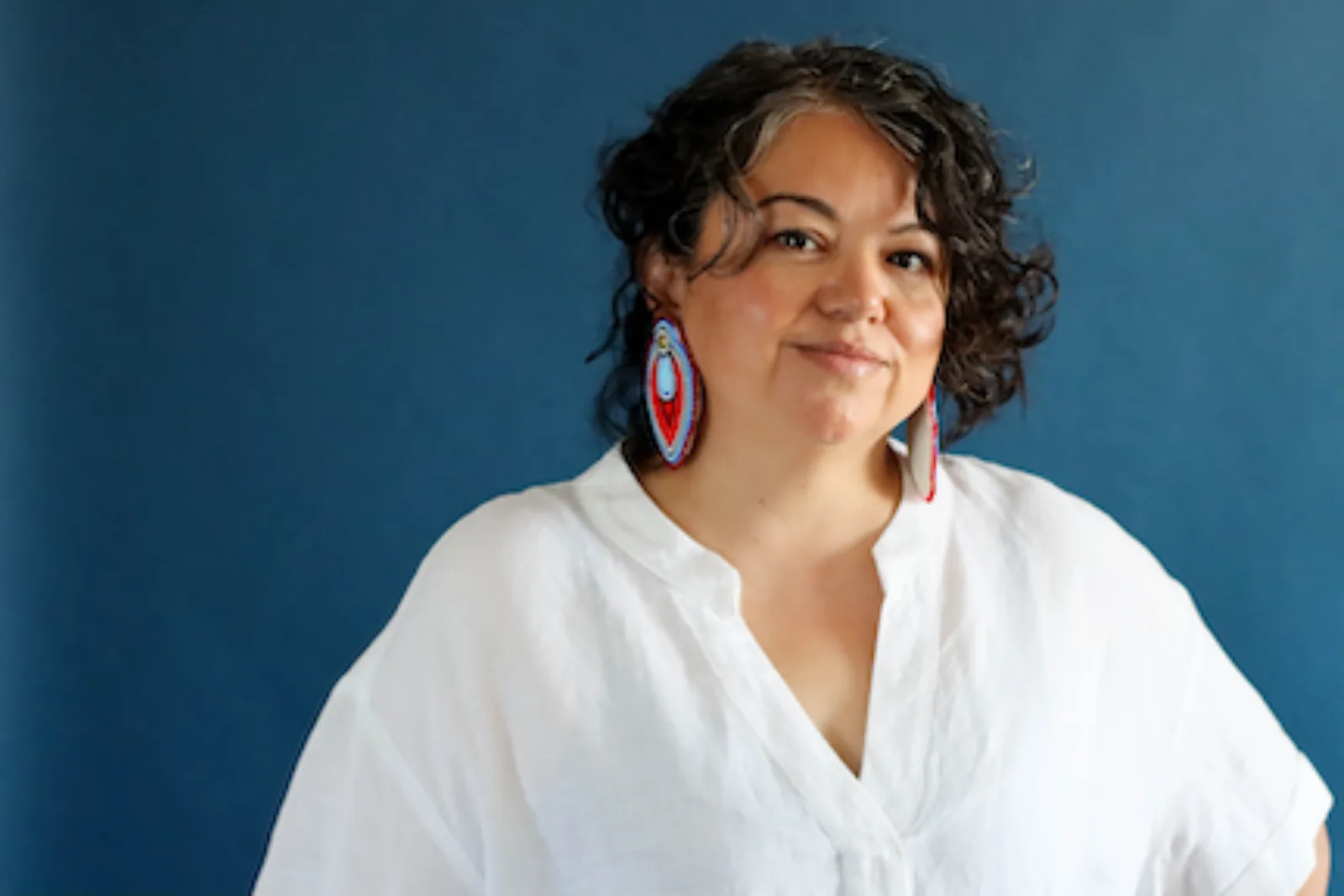Soy de Tierra/I am of the Earth: A Migrant History of the Yakama Reservation
Yesenia Navarrete Hunter, Heritage University
Soy de Tierra is a book project about the various groups of migrants, immigrants, and settlers who have made their way through and made place on the Yakama Reservation and the impacts that this has had on Indigenous peoples in the region. I look at relationships and entanglements on the Yakama Reservation in the Pacific Northwest in the 20th century to better understand the shaping of the agricultural landscape with a special focus on white settlers, Japanese immigrants, and Mexican and Mexican American immigrants. These stories tell us much about labor and racial hierarchies that have become naturalized onto the agricultural landscape. Moreover, the region, though small and rural, can tell us a bigger picture of the labor and racial hierarchies throughout the United States. I center the response of Yakama Natives and immigrants to the settler logics of ordering belonging and behavior imposed via an agricultural landscape that benefited white settlers. By highlighting the everyday life responses, I expose the settler logics of ordering neighbor and labor—in other words, the logics of how people belong and how they should behave— to shape the agricultural landscape.
Respondent: Mario Sifuentez, UC Merced
Registration
This event is free, but all participants must register in advance and space is limited. Please do not request a paper unless you plan to attend.
About the Borderlands and Latino/a Studies Seminar
This seminar provides a forum for works-in-progress that explore topics in Latino/a and Borderlands studies.
The seminar’s coordinators are María Eugenia López-García (University of Illinois at Chicago), Ivón Padilla-Rodríguez (University of Illinois at Chicago), and Emiliano Aguilar (University of Notre Dame). The seminar’s co-sponsors are Indiana University’s Latino Studies Program, Northwestern University’s Program in Latina and Latino Studies, The Institute for Latino Studies at the University of Notre Dame, the Center for Latino Research at DePaul University, the Katz Center for Mexican Studies at the University of Chicago, and the University of Illinois at Chicago Latin American and Latino Studies Program.
